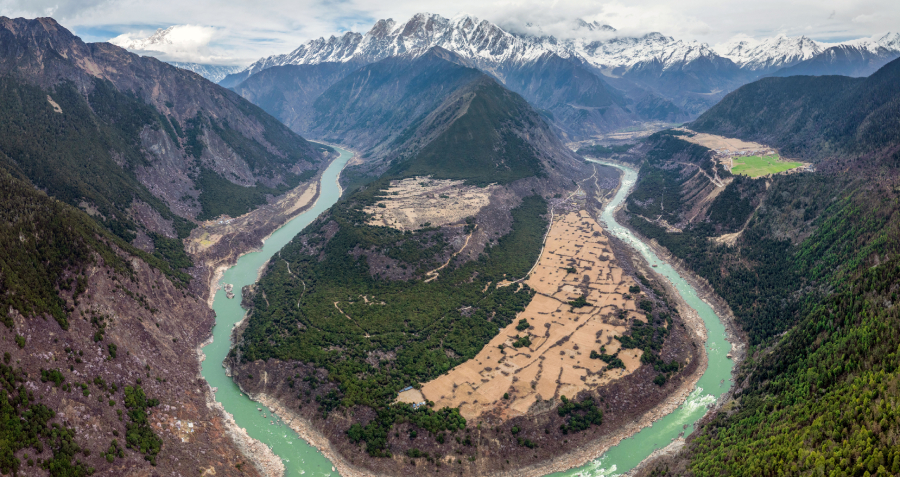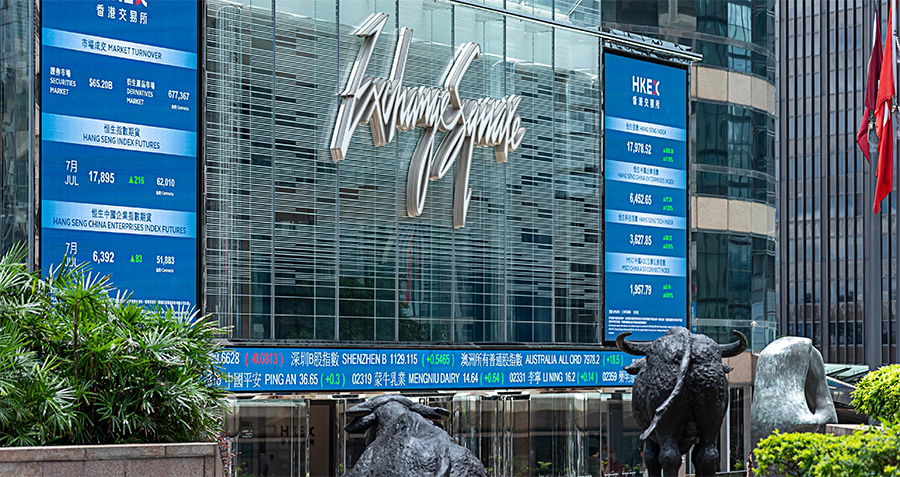The question facing the world is not whether there will be a recession due to the virus or not, but how deep of a recession it may be. This current crisis has been compared many times, and quite rightly, to the global financial crisis in 2008-2009, but it looks like it will become infinitely worse.
In terms of the health of the global economy, China and the United States—the two largest economies in the world—are both being significantly hurt by the virus crisis, and interactions between the two are going to be a key part of the recovery. This is a difficult scenario to contemplate this year, largely because of the election process in the US and how China has unfortunately become such a central issue in the debate. If this relationship is not repaired soon and deteriorates further, there is a risk of it becoming a full-scale trade, technological and financial war. If the current trend to “bring manufacturing back to America” continues, that will inevitably mean a rise in consumer prices in the US. The result of that would have economic implications not just for these two countries, but for the entire world. Other countries and economies around the world, which are facing the prospect of having to choose a side, are just as worried about where this is all leading. The Great Depression of the 1930s was only really resolved with a world war, and the Thucidydes trap is there waiting for us if we are not careful.
After decades of globalization, the 1% of rich people in major economies, especially those in the US, are now richer than ever, but there are also still many poor people at the bottom of the pyramid. If the hostile elements in the relationship between China and the US continue to grow and de-globalization goes further, it is certainly not going to help the poor. Of all the changes created by globalization to date, they have gained the least from the higher economic efficiency achieved, and they could lose out even more when their jobs are replaced by new technologies now being launched. We are likely to see more people take to the streets, for one reason or another, in places where income disparity is high, as in the US.
The challenge that the world now faces is the result of the confluence of many disparate issues. To meet it will require global wisdom and collective actions by us all, starting now.




















